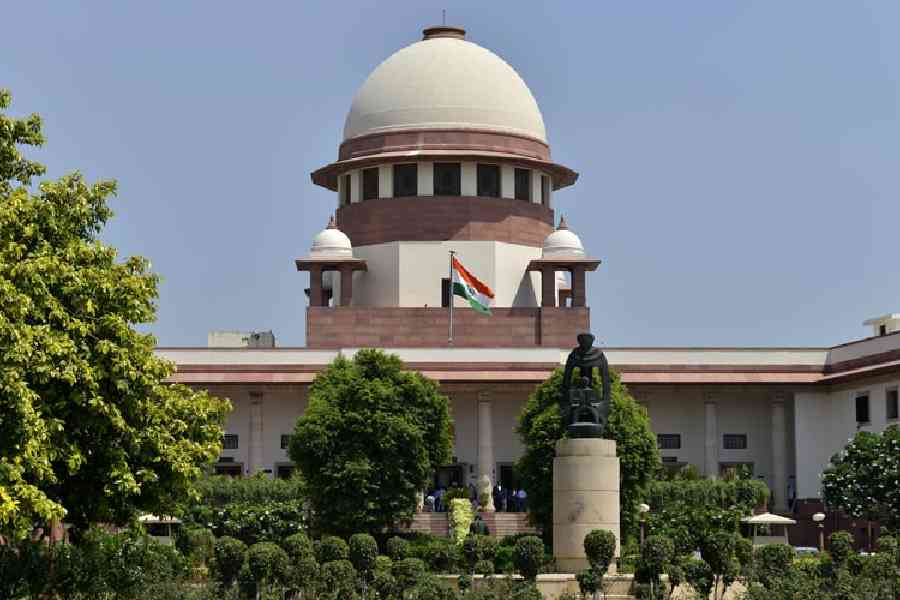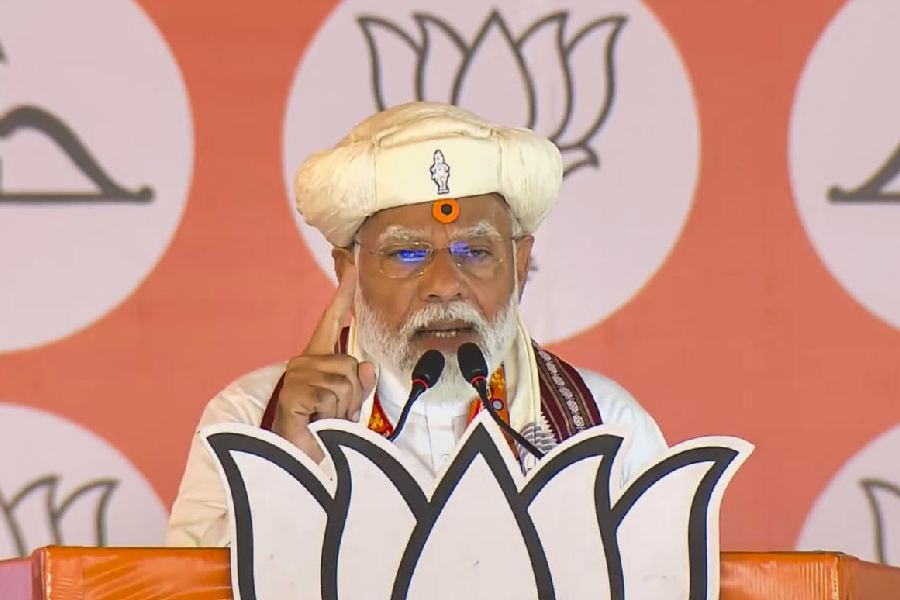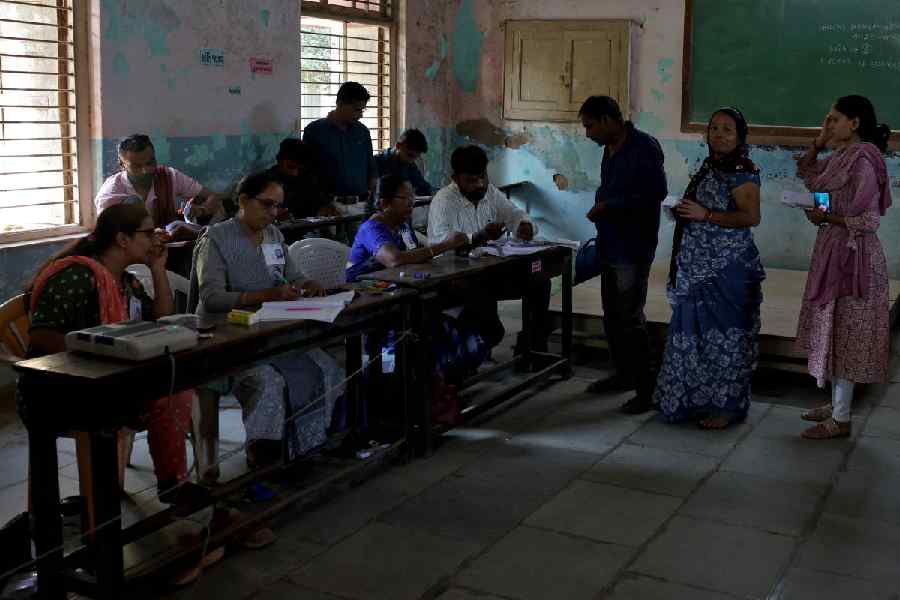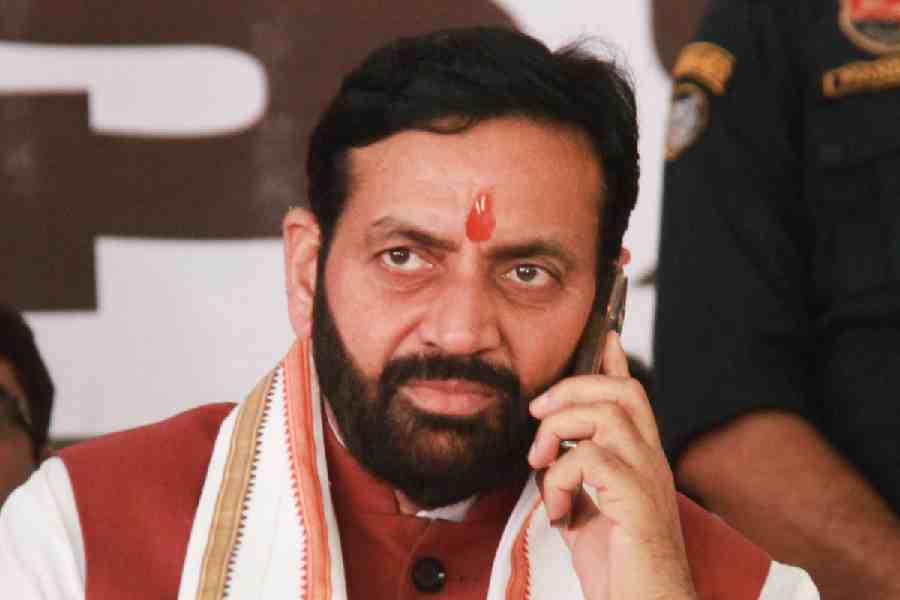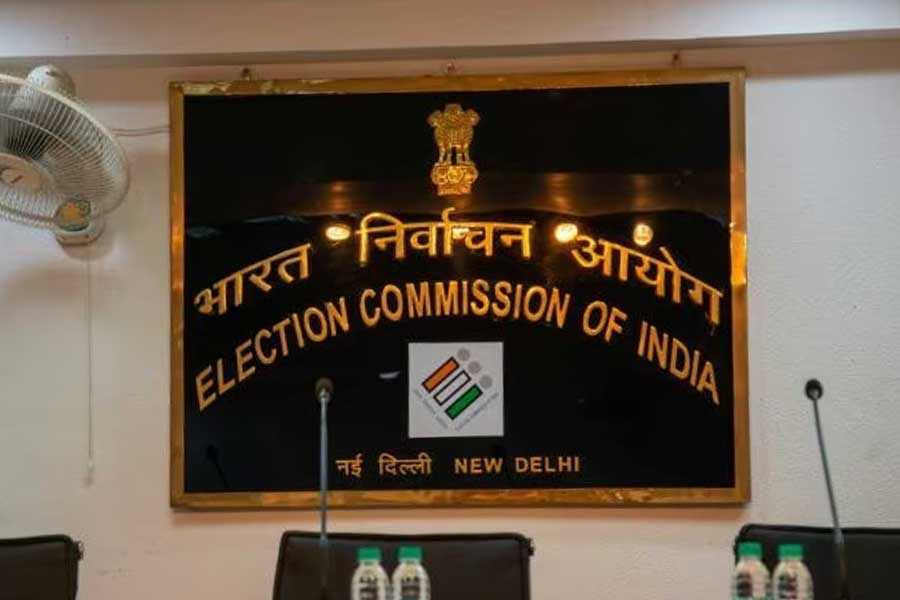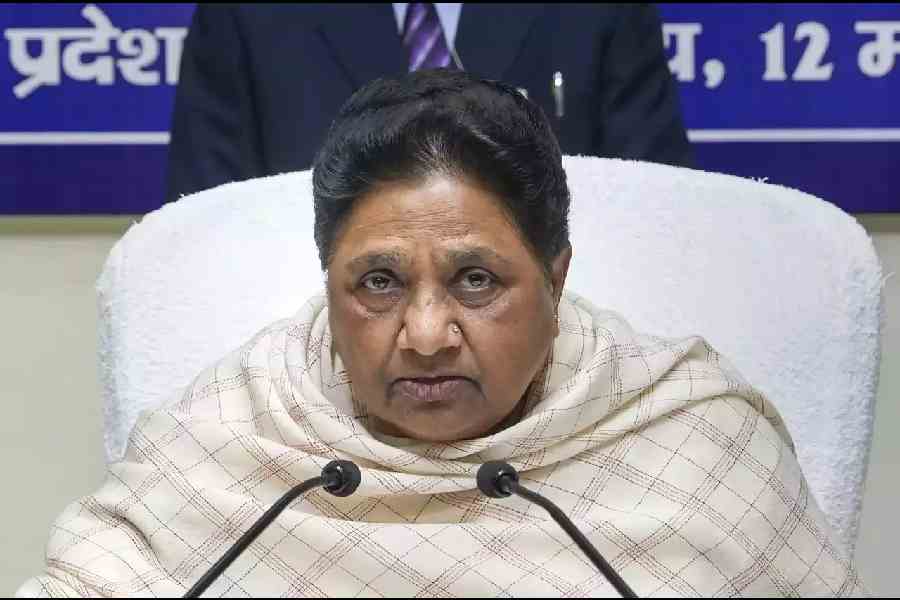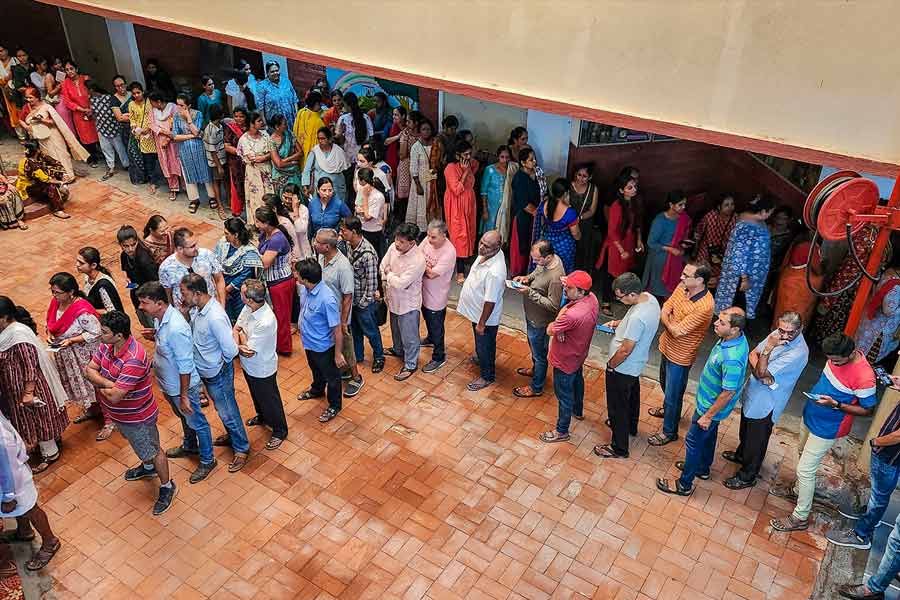The Supreme Court has quashed the anticipatory bail granted by Gujarat High Court to a senior tax official, saying prior sanction of the government was not required for his prosecution for corruption after he was caught allegedly taking a bribe.
A bench of Justices Surya Kant and J.K. Maheshwari said Section 17A of the Prevention of Corruption Act, 1988, does not contemplate prior sanction in trap cases as otherwise the purpose of the law would be defeated. The court drew a distinction with cases that deal with offences committed during the official discharge of duty, where a public servant gets immunity against frivolous prosecution.
“The contention that prior approval of investigation, as mandated under Section 17A of the Prevention of Corruption Act, has not been obtained and thus, the proceedings initiated against Respondent No. 1 stand vitiated has no legal or factual basis. Section 17A merely contemplates that police officers shall not conduct any enquiry, inquiry or investigation into any offence alleged to have been committed by a public servant where the alleged offence is relatable to any recommendation made or decision taken in discharge of official functions or duties, without the previous approval of the competent authority.
“The first proviso to the section states that such approval is not necessary in cases involving arrest of the person on the spot on the charges of accepting undue advantage. As may be seen, the first proviso to Section 17A refers to cases wherein a public servant is charged with acceptance of an undue advantage or attempt thereof. A prior approval or sanction to investigate such an officer in a trap case is likely to defeat the very purpose of trap and the investigation, which is not the underlying intention of the legislature,” Justice Surya Kant, who authored the judgment, said.
The bench passed the ruling while allowing two appeals filed by the CBI and the complainant, businessman Rupesh Balwantbhai, challenging the December 2022 Gujarat High Court order granting anticipatory bail to additional commissioner of income tax Santosh Karnani, accused of demanding and accepting a bribe of Rs 30 lakh through an alleged hawala transaction.
“Having considered the nature of allegations, material on record and the settled legal principles on grant of anticipatory bail, we are of the view that, howsoever hard or harsh it may be, the high court ought to have refrained itself from extending protection against arrest to Respondent No. 1 in exercise of its discretionary jurisdiction under Section 438 of the CrPC,” the Supreme Court said.
“We do not find any allegation of personal vendetta, victimisation, bias or ulterior motive against the central agency. In any case, the CBI is expected to carry out a free, fair and dispassionate investigation with faithful observance to the rights of an accused...”

